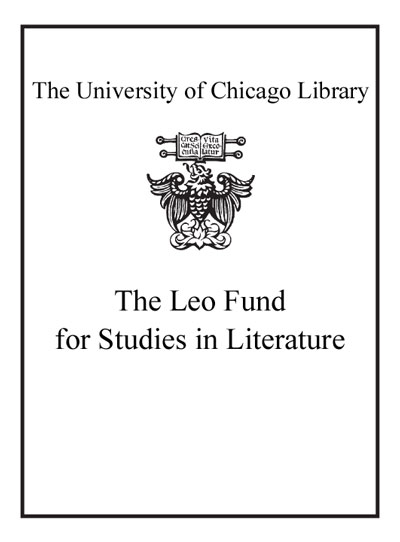Chevengur /
Saved in:
| Author / Creator: | Platonov, Andreĭ Platonovich, 1899-1951, author. |
|---|---|
| Uniform title: | Chevengur. English |
| Imprint: | New York, NY : New York Review Books, [2023] |
| Description: | xxiv, 567 pages ; 21 cm. |
| Language: | English |
| Series: | New York Review Books classics New York Review Books classics. |
| Subject: | |
| Format: | Print Book |
| URL for this record: | http://pi.lib.uchicago.edu/1001/cat/bib/13473698 |
| Summary: | A sort of Soviet Don Quixote , this novel about a craftsman who wanders the U.S.S.R. hoping to ease human misery with his inventions is considered one of the most important novels of the Soviet era, and is now available in its full version in English for the first time. <br> <br> <br> Chevengur is a revolutionary novel about revolutionary ardor and despair. Zakhar Pavlovich comes from a world of traditional crafts to work as a train mechanic, motivated by his belief in the transformative power of industry. His adopted son, Sasha Dvanov, embraces revolution, which will transform everything: the words we speak and the lives we live, souls and bodies, the soil underfoot and the sun overhead. Seeking communism, Dvanov joins up with Stepan Kopionkin, a warrior for the cause whose steed is the fearsome cart horse Strength of the Proletariat. Together they cross the steppe, encountering counterrevolutionaries, desperados, and visionaries of all kinds. At last they reach the isolated town of Chevengur. There communism is believed to have been achieved because everything that is not communism has been eliminated. And yet even in Chevengur the revolution recedes from sight. <br> <br> Comic, ironic, grotesque, disturbingly poetic in its use of language, and profoundly sorrowful, Chevengur --here published in a new English translation based on the most authoritative Russian text--is the most ambitious of the extraordinary novels that the great Andrey Platonov wrote in the 1920s and 1930s, when Soviet Russia was moving from revolutionary euphoria to state terror. |
|---|---|
| Physical Description: | xxiv, 567 pages ; 21 cm. |
| ISBN: | 9781681377681 1681377683 9781681377698 |

